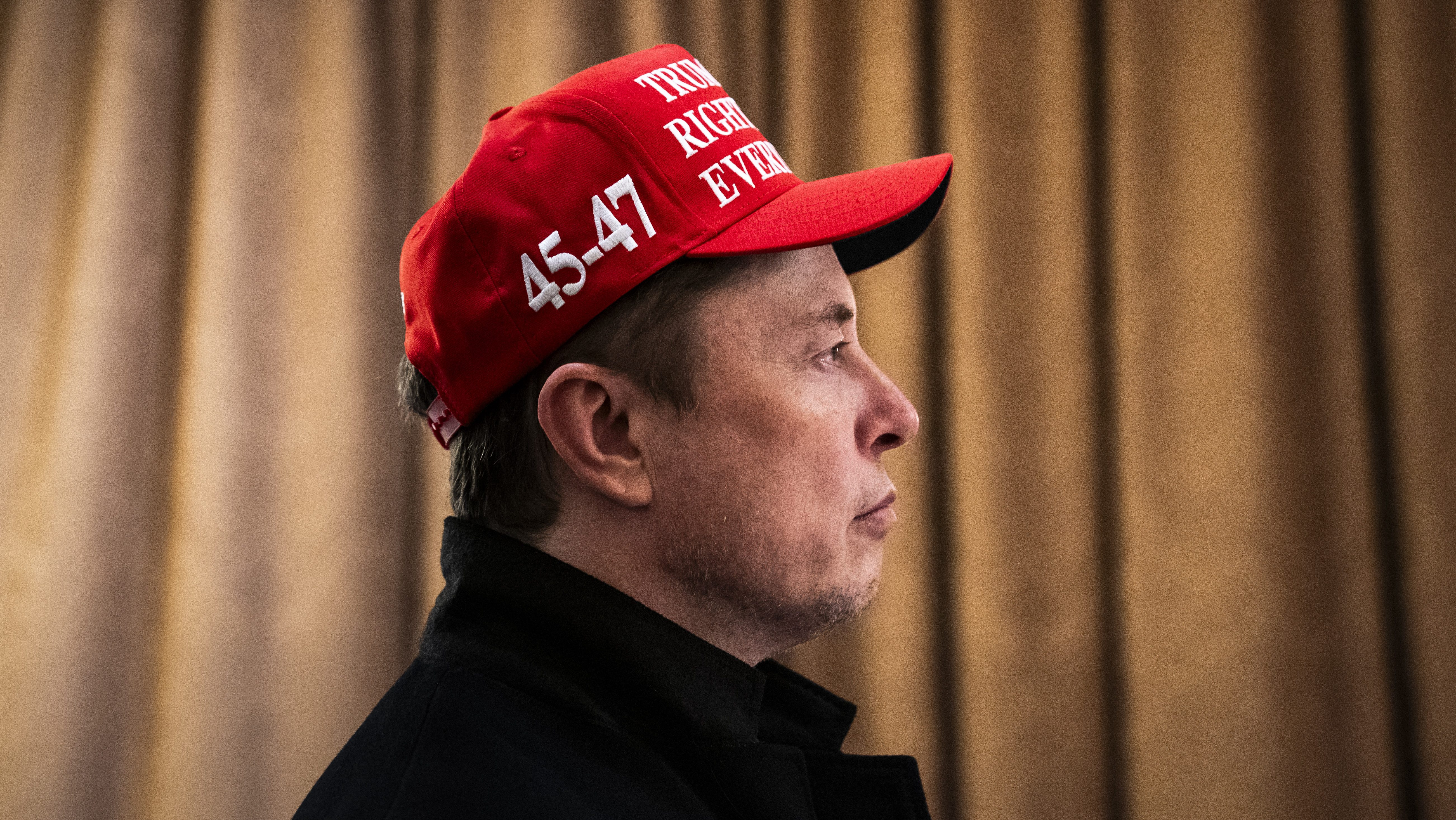White South Africans as Refugees: Trump's Controversial Policy
White South Africans Find Refuge in the US: A Controversial Trump-Era Policy
Introduction: A Dramatic Shift in US Refugee Policy?
Imagine fleeing your home, leaving behind everything you know and love, seeking safety in a foreign land. That's the reality for many refugees around the world. But what happens when a specific group, seemingly against the grain of current political narratives, finds safe harbor? Recently, a group of 59 white South Africans, specifically Afrikaners, arrived in the United States, welcomed as refugees. This event raises complex questions about refugee policies, discrimination, and the legacy of apartheid. This article dives into the details of this controversial decision and explores the reasons behind it.
Who are the Afrikaners and Why are They Seeking Refuge?
The Historical Context: Apartheid and Its Aftermath
The Afrikaners are a white ethnic group in South Africa, descended primarily from Dutch settlers. They were the dominant ruling minority during the apartheid era, a system of racial segregation and discrimination that lasted for decades. Apartheid ended in 1994, and Nelson Mandela became South Africa's first democratically elected president. While this was a monumental step towards equality, it also ushered in a period of significant change and, for some, uncertainty.
Claims of Discrimination and Violence: A Complex Reality
Some Afrikaners claim they face discrimination and racially motivated violence in post-apartheid South Africa. They cite instances of farm attacks, property crimes, and alleged systemic disadvantages in employment and education. Is this a genuine cry for help, or an exaggeration of the challenges faced by a minority adjusting to a new social order? This is where the issue becomes incredibly sensitive and hotly debated. While the South African government maintains that it condemns all forms of violence and discrimination, some argue that these claims are being used to paint a misleading picture of the country.
The Trump Administration's Role: A "Carve Out" for Afrikaners?
Refugee Admissions Under Trump: A Drastic Reduction
The Trump administration significantly reduced refugee admissions from almost all countries, citing concerns about national security and prioritizing American interests. Nations like Afghanistan, Sudan, the Republic of Congo, and Myanmar, which have historically been significant sources of refugees, faced severe restrictions. Given this context, the arrival of the Afrikaner refugees is particularly striking.
The Rationale Behind the Decision: Protection or Politics?
The official justification for granting refugee status to the Afrikaners was based on the argument that they are fleeing persecution and violence based on their race. This raises the question: Was this a genuine humanitarian effort, or was it driven by political considerations? Some critics argue that it was a deliberate attempt to appeal to a specific segment of the American electorate and promote a particular narrative about race and immigration.
The Arrival Ceremony: A Symbolic Gesture?
High-Profile Welcome: Deputy Secretaries on Hand
The Afrikaner refugees were greeted at Washington Dulles International Airport by U.S. Deputy Secretary of State Christopher Landau and Department of Homeland Security Deputy Secretary Troy Edgar. The presence of such high-ranking officials suggests that this was more than just a routine refugee resettlement. It was a public display intended to send a clear message.
Interpreting the Message: What Was the Administration Trying to Say?
By welcoming these refugees with such fanfare, the Trump administration may have been attempting to highlight perceived double standards in how racial discrimination is addressed globally. Was it a way to challenge the prevailing narrative about race and privilege? It's a complex question with no easy answers.
The Controversy: Reactions and Criticisms
Accusations of Hypocrisy: Applying Double Standards
Critics were quick to point out the apparent hypocrisy in welcoming a group of white South Africans while simultaneously restricting refugee admissions from countries with overwhelmingly non-white populations. How could the administration justify this selective application of refugee policies? This discrepancy fueled accusations of racial bias and discriminatory practices.
Concerns About Misrepresenting South Africa: Painting an Inaccurate Picture
The decision also drew criticism for potentially misrepresenting the situation in South Africa. Opponents argued that it could reinforce negative stereotypes and undermine the country's efforts to address its historical injustices. Was the US government inadvertently contributing to a distorted view of South Africa? The answer is debatable.
The Afrikaner Perspective: Why They Chose the US
Reasons for Emigration: Seeking Safety and Opportunity
For the Afrikaners who chose to emigrate, the decision likely stemmed from a combination of factors, including concerns about safety, economic opportunities, and the future of their children. Imagine living in a place where you constantly fear for your safety – wouldn't you consider seeking a new life elsewhere? It's a fundamental human instinct to protect oneself and one's family.
The Appeal of the United States: Perceived Fairness and Stability
The United States, despite its own challenges, may have been seen as a land of opportunity and relative stability. Perhaps they believed the US offered a better chance for them to build a secure future. Whether that perception aligns with reality is something they will discover as they settle into their new lives.
The Resettlement Process: What Happens Next?
Finding Homes and Jobs: Integrating into American Society
The resettlement process for the Afrikaner refugees will involve finding suitable housing, securing employment, and integrating into American society. This is a challenging process for any refugee group, regardless of their background. They will need support from resettlement agencies, community organizations, and fellow Americans.
Adapting to a New Culture: Challenges and Opportunities
Adapting to a new culture can be both exciting and daunting. The Afrikaners will need to learn about American customs, navigate a new language (for some), and build new social networks. Will they be able to successfully integrate into American society? Time will tell, but with the right support, the answer is yes.
The Broader Implications: A Precedent for Future Refugee Claims?
Setting a New Standard: Could Other Groups Make Similar Claims?
The decision to grant refugee status to the Afrikaners raises questions about whether it could set a precedent for other groups who claim to face discrimination or persecution in their home countries. Could this open the floodgates to a surge of refugee claims based on similar arguments? This is a valid concern that policymakers will need to address.
The Future of US Refugee Policy: Navigating Complex Issues
This case highlights the complexities of refugee policy and the challenges of balancing humanitarian concerns with national interests. How can the US ensure that its refugee policies are fair, consistent, and aligned with its values? This requires careful consideration, open dialogue, and a commitment to upholding human rights.
The Role of Media: Shaping Public Perception
Framing the Narrative: How the Story is Being Told
The media plays a crucial role in shaping public perception of this issue. How the story is framed – whether as a humanitarian rescue or a politically motivated stunt – can significantly influence public opinion. Is the media providing a balanced and nuanced portrayal of the situation? It's essential to be critical of the information we consume and seek out diverse perspectives.
The Power of Language: Avoiding Sensationalism and Bias
The language used to describe the Afrikaners and their situation can also have a profound impact. Avoiding sensationalism, stereotypes, and biased language is crucial for promoting understanding and empathy. Are we being mindful of the language we use when discussing this sensitive topic? It's a responsibility we all share.
The Impact on US-South Africa Relations: A Potential Strain?
Diplomatic Implications: Could This Decision Damage Ties?
The decision to grant refugee status to the Afrikaners could potentially strain relations between the United States and South Africa. The South African government may view it as an interference in its domestic affairs and a misrepresentation of the country's progress towards racial reconciliation. Will this lead to a diplomatic rift between the two nations? It's a possibility that needs to be carefully managed.
Building Bridges: Promoting Dialogue and Understanding
Despite the potential for conflict, there is also an opportunity to build bridges and promote dialogue between the two countries. Open communication, mutual respect, and a willingness to understand each other's perspectives are essential for maintaining a healthy relationship. Can the US and South Africa find common ground and work together to address the challenges facing both nations? It's a goal worth striving for.
Conclusion: A Complex Story with No Easy Answers
The arrival of white South African refugees in the United States is a complex and controversial issue with no easy answers. It raises fundamental questions about refugee policy, racial discrimination, and the legacy of apartheid. Ultimately, this case serves as a reminder of the importance of empathy, understanding, and a commitment to upholding human rights for all. It's a story that demands careful consideration and thoughtful dialogue.
Frequently Asked Questions
Q1: Why did the Trump administration decide to grant refugee status to white South Africans?
The official reason given was that they faced persecution and violence based on their race in post-apartheid South Africa. This decision was made despite overall reductions in refugee admissions during the Trump administration.
Q2: Are all white South Africans seeking refuge in other countries?
No, the vast majority of white South Africans remain in South Africa. The group that arrived in the US represents a small percentage who felt compelled to leave due to safety and economic concerns.
Q3: How are these refugees being supported in the United States?
They are being supported by resettlement agencies, community organizations, and potentially government assistance programs, similar to other refugee groups. These agencies help with housing, employment, and cultural integration.
Q4: What is the South African government's position on this issue?
The South African government generally maintains that it condemns all forms of violence and discrimination and that the claims of widespread persecution are exaggerated. They may see the US decision as an unfair portrayal of their country.
Q5: Will this decision affect future US refugee policy?
It could potentially set a precedent for other groups seeking refugee status based on claims of discrimination or persecution. However, it is likely that each case will be evaluated on its own merits, taking into account the specific circumstances and evidence presented.

